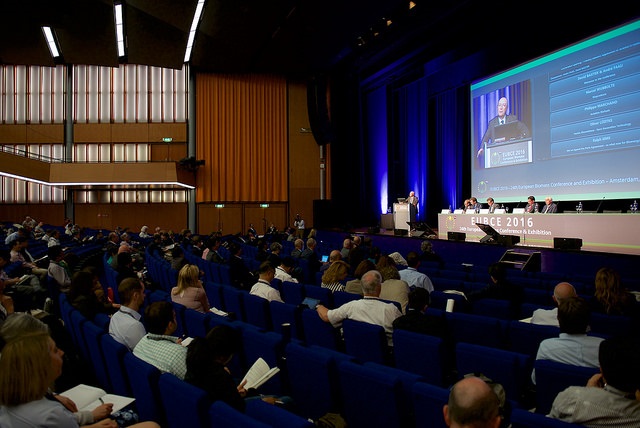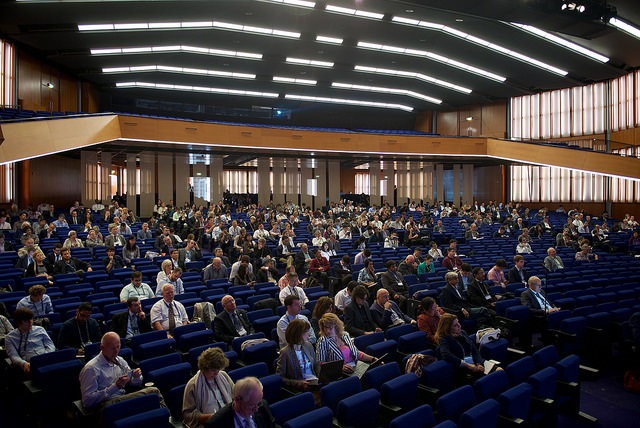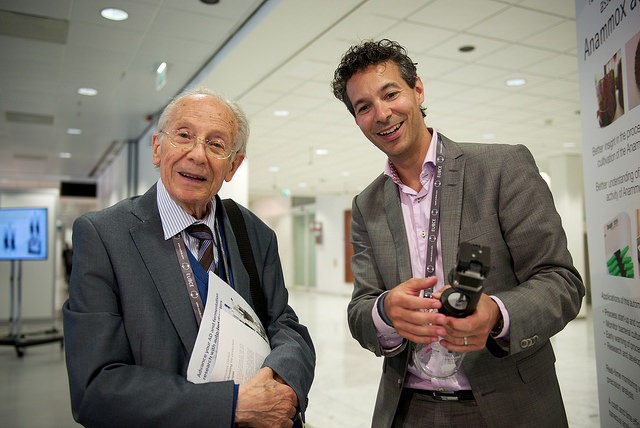

The 24th European Biomass Conference and Exhibition took place between the 6th and 9th of June in Amsterdam and provided an unique overview of the state of play of the sector as well as painted a clear picture of the role of biomass in achieving the transition to a low carbon economy.
In the context of COP21 historical Agreement both scientific organisations and international institutions agree on the crucial role that biomass and bio-based economy play in meeting the 2 degrees target on climate change. Bio-energy itself can provide 10%-30% of all total CO2 emissions reduction needed if we maximize resource efficiency whilst ensuring sustainability.
Although unsustainable displacement of food and loss of forest cover still concern the sceptics, state-of-the-art analysis shows that when modernized agriculture and livestock, exploiting yield gaps and efficiency improvements in management are brought together there is, undoubtedly, enough food production capacity to feed the world with less land and the opportunity to produce bio-energy on the surplus land. The benefits, to cite only a few, include improved carbon stocks on the same land, reduced water use per unit of output, lower GHG emissions and more efficient use of nutrients. Such measures are to improve food and nutrition security, alleviate poverty, enhance rural development and increase agriculture’s resilience to climate change. The emphasis ought to shift from competition between agriculture and bio-energy towards synergy in sustainability and performance.
Recent studies presented at EUBCE2016 along with decades of continuous research and technological development have proven that biomass can be effectively converted into energy, advanced bio-fuels and bio-based products, thus recognising the need for stable European policy framework to enable the widespread development of the bio-based economy. As Prof. André Faaij conference general chairman stressed in his speech, it is now about how do we link all this good work to the right arena. Now we need to ensure close interplay and engagement of the research community, the industry and the governance area. Prof. Faaij also launched the idea of forming a coalition among GBEP, the Global Environment Facility, the European Commission and the World Coalition of the energy billionaires to ensure the support of a series of large scale demonstrations of sustainable biomass production in various settings and integrating bio-refineries, bio-energy with carbon capture and storage and bio-chemicals.
EUBIA participated in EUBCE2016 as one of the main sponsors and awarded for the 14th time the EUBIA Award for its contribution to a sustainable green chemistry sector development at industrial level to NOVAMONT Italy. NOVAMONT is an internationally recognised leader in the bio-plastics and bio-chemicals sector and promotes the transition from a product economy towards a system economy through integration of chemistry and agriculture, utilisation of local areas and products and reduced environmental and social externalities costs.




